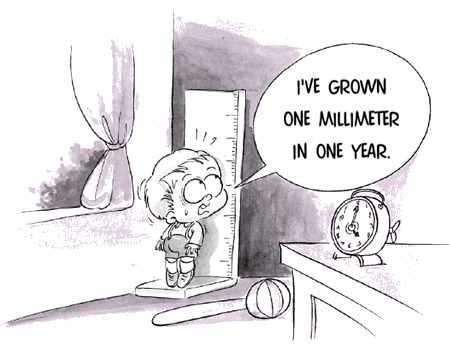Las cosas que "hay" o que "no hay" pueden ser Countable o Uncountable.
Y de todo ello depende que utilicemos bien a (an), some y any.
En la siguiente presentación podrás estudiar cómo se utilizan.
Aquí tienes un video gracioso(?) que también lo explica. Cuidado con el acento inglés!
Y finalmente unos ejercicios para que practiques lo aprendido:




























